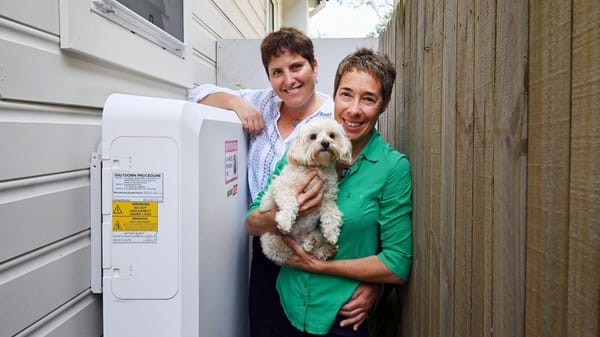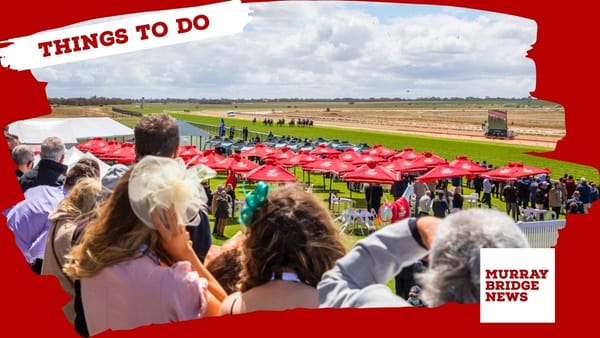Mental health drop-in centre needed in Murray Bridge
Under a new approach by Headspace, young people can now access help whenever they need it. Could the model work for adults?

This story has been made free to read under Murray Bridge News’ editorial policy on advocacy and public health. Please consider supporting our work by subscribing.

A new approach by Headspace Murray Bridge is helping young people solve their mental health issues sooner than ever.
So why can’t grown-ups get the same kind of service?
The question was asked at Murray Bridge’s annual Mental Health and Wellbeing Expo on Friday.
Manager Suzanne Fuzzard said Headspace’s move to a new mode of service delivery – which coincided with its move to a new site earlier this year – had eliminated waiting lists and resulted in better outcomes for young people.
Before the move, teenagers had needed to wait up to four or five months for a mental health assessment.
There had been 73 on the waiting list at one point.
Now those young people were given therapy, treatment or counselling on the day they walked in, usually after just a short wait.
Comprehensive assessments could be done later if they were needed.
Most young people knew what they wanted help with, they wanted that help right away, and in some cases a single session was enough, Ms Fuzzard said.
“Now we’re receiving more referrals than ever, we’re seeing more young people than ever, and we have no waiting list,” she said.

Suicide prevention network chair Cathy Smith was the one who asked the question: what would it take for Murray Bridge to get a similar walk-in centre for adults who were facing mental health issues?
It might work if local service providers could work together, and funding could be found to support it, Ms Fuzzard suggested.
“We absolutely recognise the importance of those opportunities,” she said.
“They can drop by and come into our hang-out spaces … it’s a safe place, a place they can come and talk if they want to or not talk if they don’t want to, or maybe play a game or make a new friend.”

Help is available at the community centre on Beatty Terrace on weekdays, and most local churches are willing to lend a hand where they can.
But Mental Health Commissioner John Mannion said there would be merit in the idea of having a dedicated community space where people could go when they were experiencing mental health issues.
“We do know that the opportunity of just sitting and having a cup of tea and someone listening, and having a safe space to have that private conversation that might be able to signpost somebody (towards other services), is incredibly impactful,” he said.
“We know having a social meal together is positive for our mental health and wellbeing when we might be feeling isolated, socially disconnected, lonely.
“We’ve got to look at and explore different opportunities.”
- Get help: Call Lifeline on 13 11 14, SANE Australia on 1800 187 263 or visit mhaustralia.org/need-help for a list of resources; or, in an emergency, call 000.
You can help keep local stories like this one free for everyone to read. Subscribe to Murray Bridge News today and support your independent, locally owned news service, plus get access to exclusive stories you won’t find anywhere else, for just $5.50 a month.





